Leukaemia Foundation invests in innovative MDS research
Better understanding and treating MDS is the focus of five new research projects that are part of the Leukaemia Foundation’s National Research Program over 2019-2022.
This $940,000 investment into MDS research at some of Australia’s leading research centres is aimed at understanding the genetic changes that drive disease progress, developing genetic testing, preventing infection, investigating better treatment options, and providing access to new treatments through clinical trials.
Strategic Ecosystem Research Partnerships (SERP)
Of the Leukaemia Foundation’s nine current Strategic Ecosystem Research Partnership projects, two are focused on MDS.
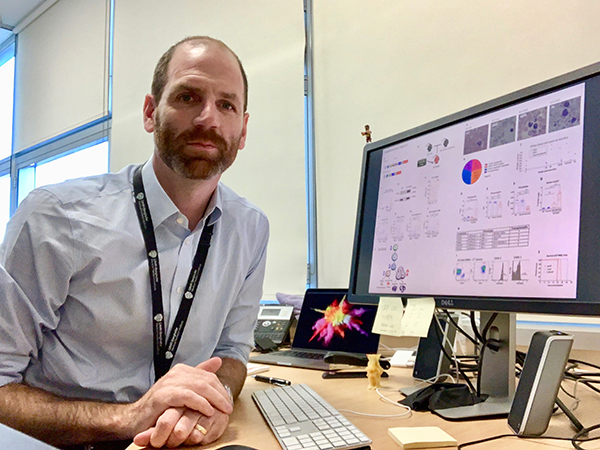
Understanding the pathways that regulate transformation of normal stem cells to MDS and leukaemia is the title of Professor Steven Lane’s project at the Queensland Institute of Medical Research (Brisbane). Prof. Lane is seeking to understand the genetic changes that occur as normal cells progress to become MDS and then to become leukaemia. He also is examining the mechanism of action of azacitidine (Vidaza®), the only PBS-funded therapy for MDS. On this project, Prof. Lane’s lab is working with collaborators in Germany, at the National Center for Tumour Diseases (Heidelberg) and the German Cancer Research Center (Heidelberg), and Professor Andrew Perkins’ group at Monash University (Melbourne).
Precision medicine is an approach to patient care that allows doctors to select treatments based on a patient’s genetic profile and has the potential to transform the delivery of healthcare today and into the future. Genetic and genomic testing, also known as genomics, is the pathway to precision medicine. However, the widespread use of genomics as the standard of care in clinical practise is not yet a reality for blood cancer patients.
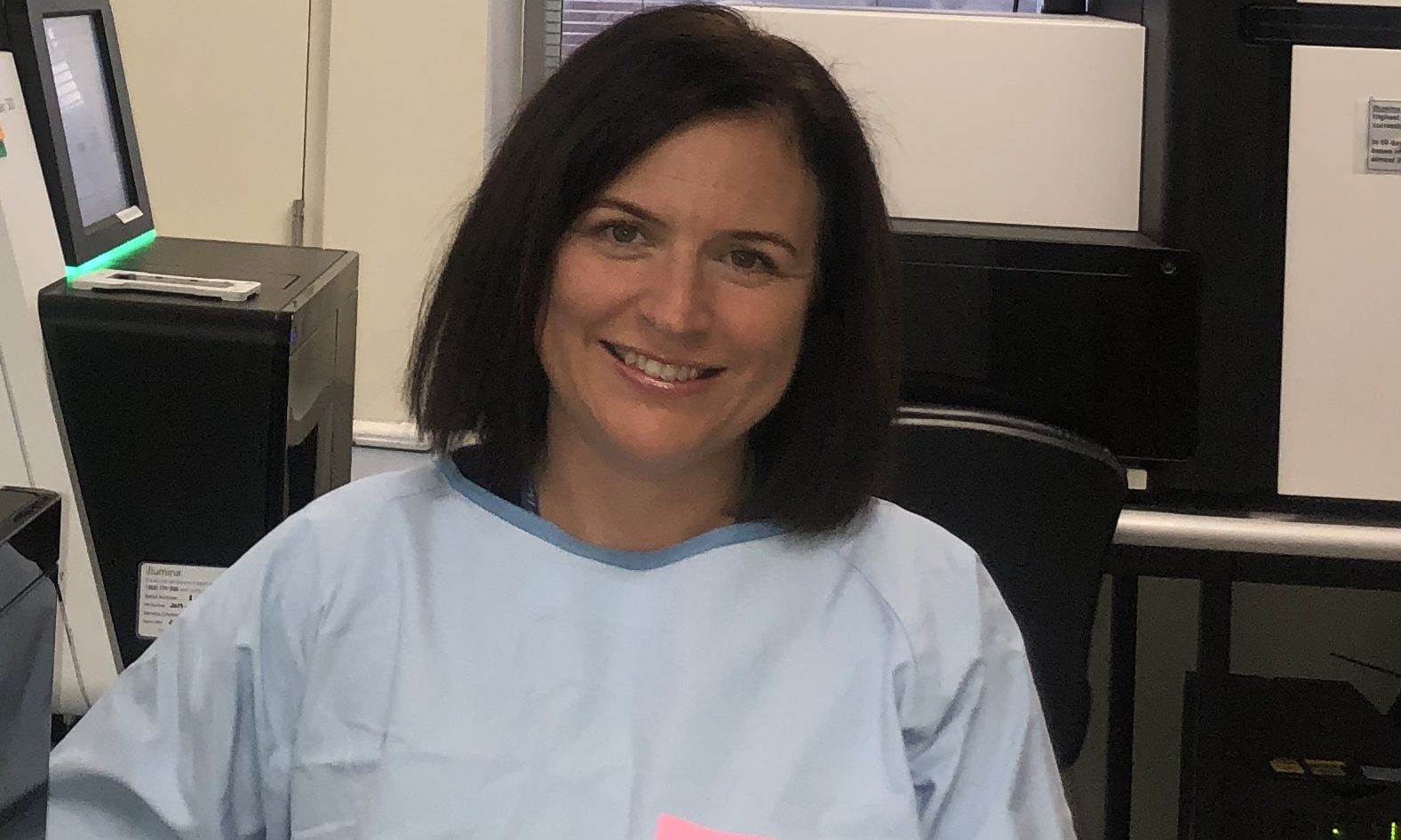
Dr Anna Brown at the SA Genomics Health Alliance, Haematological Malignancies Node, University of South Australia (Adelaide), is developing state-of-the art genomic testing which can be used to diagnose blood cancer and monitor disease progression as well as helping the clinical team in treatment selection. Twelve months into this project, Dr Brown and her team have developed, tested and put into clinical practise a single tube genomic test which can identify mutations in more than 40 clinically relevant genes in MPN, MDS, Primary and Secondary AML, atypical CML, chronic neutrophilic leukaemia, mastocytosis, CMML and JMML. In the next few months this test will be expanded to identify more than 60 genes and in myeloma. Read more on Dr Brown’s research that is due to be completed in November 2020.
Translational Research Program (TRP)
The Translational Research Program is an initiative that aims to take new and innovative research out of the research laboratory and helps move it into the clinic. The Leukaemia Foundation has partnered with the Leukemia & Lymphoma Society (U.S.) and Snowdome Foundation to co-fund these grants. One of the five current TRP projects is for MDS, which is one of the most common blood cancers among the elderly, and which has few treatment options.
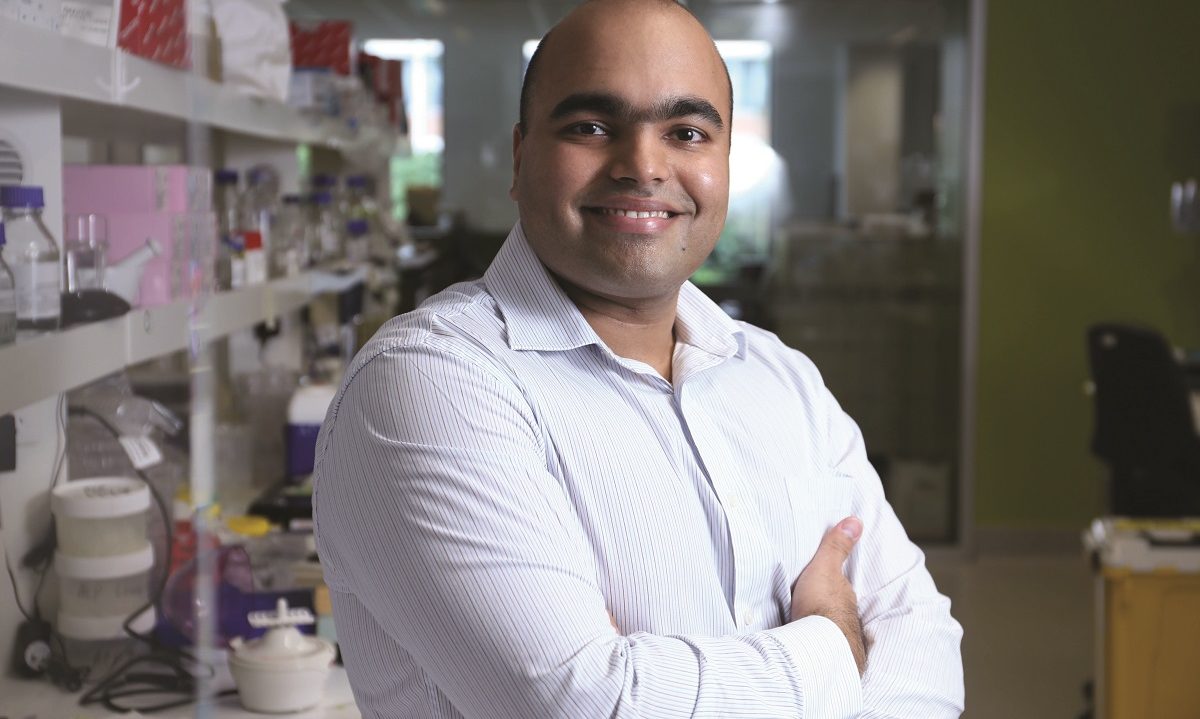
While the drug, azacitidine is the best available treatment for people with MDS, more than half of those who receive the treatment don’t respond. As well, a significant number of MDS patients who do respond to azacitidine will eventually relapse, which highlights a need to develop more effective and durable therapies. At the University of NSW (Sydney) Dr Ashwin Unnikrishnan is investigating molecular mechanisms within MDS cells affected by azacitidine, as a means to developing new treatment options for MDS. His project title is Beyond azacitidine: investigating new therapeutic strategies for the treatment of MDS and he is collaborating with St Vincent’s Hospital (Melbourne) and Technical University of Denmark. Read more about Dr Unnikrishnan’s research.
PhD scholarships
The Leukaemia Foundation is helping the brightest medical and science graduates pursue a research career in blood cancer by collaborating with the Haematology Society of Australia and New Zealand (HSANZ) to co-fund PhD scholarships. Over the last two years we have been proud to award six scholarships through our PhD Scholarship Program and one of them focuses on allogeneic stem cell transplants, the most common type of transplant for people living with MDS.
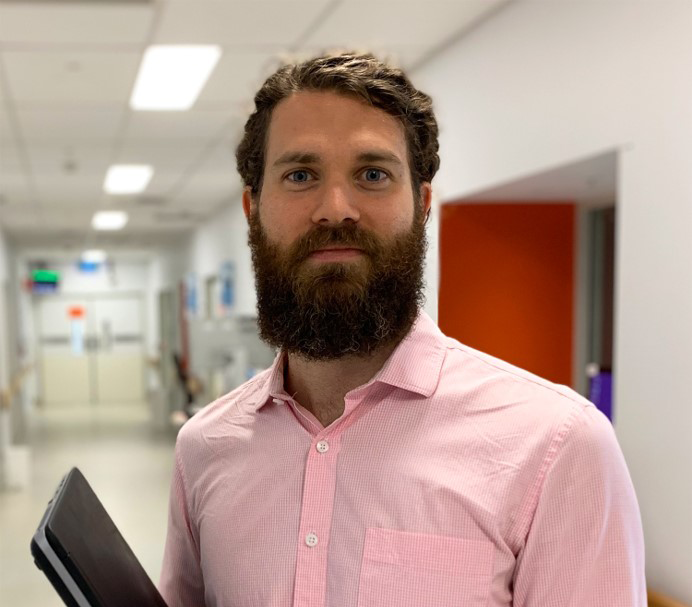
Julian Lindsay is a bone marrow transplant pharmacist and his research project, Antifungal management optimisation in haematological malignancy and haematopoietic stem cell transplantation, is aimed at preventing infections in people with blood cancer and those undergoing bone marrow transplants. These patients have highly suppressed immune systems due to having chemotherapy and the transplantation techniques used to achieve better cure rates. Based at the Fred Hutchinson Cancer Research Center in Seattle (U.S.), Julian will address critical knowledge gaps related to specific patient risk factors for developing infections such as cytomegalovirus, Epstein-Barr virus and invasive fungal infections, and investigate the optimisation of antimicrobial therapies to prevent infections and improve the survival of these patients.
Trials Enabling Program (TEP)
In an Australian first, the Leukaemia Foundation has established a Trials Enabling Program in partnership with the Australasian Leukaemia & Lymphoma Group (ALLG). The aim of this initiative is to help people with blood cancer access the latest therapies by bringing international clinical trials to Australia.
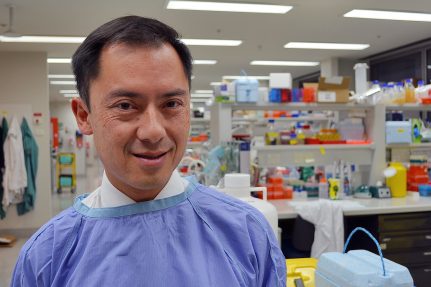
Associate Professor Andrew Wei is principal investigator for the AMLM24 trial for newly diagnosed AML and those with MDS (FLT3 mutation). It is a multi-centred trial run out of Monash University (Melbourne), in collaboration with the ALLG. Most clinical trials are for people who have relapsed or no longer respond to available treatments, but this trial is looking at a new treatment regimen as a frontline treatment at diagnosis. The AMLM24 trial is co-funded by HOVON (the Haemo Oncology Foundation for Adults in the Netherlands) and AMLSG (the Acute Myeloid Leukaemia Study Group, Germany).